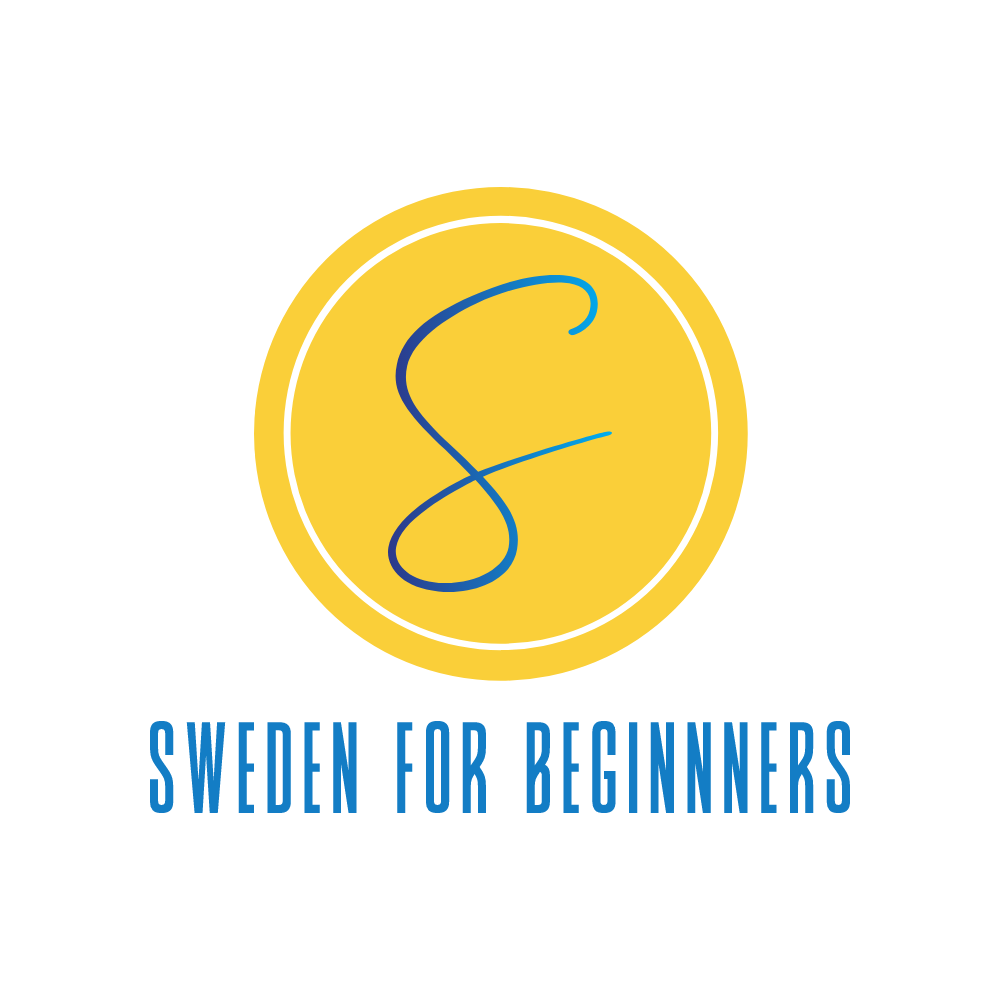Does language change who we are?
Cultural frame switching: How different languages bring out different sides of us

Recently, I conducted an Instagram poll asking a simple (or not so simple) question:
Does speaking different languages mean having different personalities?
89% of respondents said yes.
Those who agreed tried to explain how their personalities shift.
Here are some of their responses:
“I am way more careful because of how they will be perceived…”
“In Swedish, I’m way more cool. Like, I don’t care how people see me. In French, I choose my words.”
“In English, I’m less sensitive. I can easily say ‘I love you’ but never ‘Je t’aime.’”
"Jag är dum på svenska!” (I’m stupid in Swedish.)
“100% fördomor och inget annat? (100% prejudices, nothing else?)
“I can distance myself more when I speak English. Therefore, it is easier to talk about deep/personal topics.”
“I lose part of my personality.”
“It’s about sense of humor! I can be a lot more witty in my own language.”
“I don’t know about myself, but my former boss could speak Italian, English, German, French, Spanish, Croatian and was a completely different person with each language. Her whole body language would change, like she was a split personality, unbelievable.”
“I am way more flamboyant when I’m speaking Spanish! And more demure in French! :)”
“I guess it’s like acting. Now I’m a German dictator, or American drama queen, or Esmeralda.”
These insights were incredibly valuable to me. I could particularly relate to the person who said, “Jag är dum på svenska!” because that’s exactly how I felt until I reached a certain level of language mastery. For a long time, I felt like a six-year-old adult retelling a movie way too long.
Once on a bus ride from the Croatian south coast to the north, I met Julia, an Italian who spoke German and English too.
As we chatted, her phone kept ringing, and I witnessed something amazing.
First, she spoke in Italian—full of passion and hand gestures, like a scene from an Italian drama.
Then, she switched to German, becoming all serious and precise, like a strict schoolteacher.
Finally, she answered in English, sounding relaxed and witty, as if she were chatting at a casual coffee shop.
It was like watching a one-woman show, with Julia transforming into different characters with each language. By the end of the trip, I felt like I had traveled through three countries without leaving my seat. A fun reminder of how language can bring out different sides of our personalities.
The science behind language and personality shifts
The idea that our personalities shift with the languages we speak is not just anecdotal; it’s backed by scientific research. Studies have shown that bilinguals often feel and behave differently depending on the language they are speaking.
This phenomenon is known as cultural frame switching.
For instance, a study published in the Journal of Consumer Research found that bilingual Hispanic women categorized themselves as more assertive, self-sufficient, and extroverted when speaking Spanish compared to English. This suggests that language can act as a cue that activates different culture-specific frames.
Linguistic relativity:
The theory of linguistic relativity, also known as the Sapir-Whorf hypothesis, suggests that the structure of a language affects its speakers’ worldview and cognition. This means that the language you speak can influence how you think and perceive the world.
Emotional Distance:
Research has shown that people tend to make more rational and utilitarian decisions when using their second language because it has less emotional impact and requires more cognitive effort.
Humor and wit:
Many people find that their sense of humor and wit are more pronounced in their native language. This is likely because humor often relies on cultural nuances and linguistic subtleties that are easier to grasp in one’s first language.
So, yes, the way we express ourselves can indeed change with the language we use.
Whether it’s being more careful, cool, sensitive, or witty, our personalities are fluid and adaptable.
Isn't this interplay between language and personality fascinating?
So, next time you switch languages, pay attention to how your personality shifts.
You might discover a new facet of yourself that you never knew existed. :)
Lera Boroditsky, TED Talk on how language shapes the way we think.
Veritasium, “How speaking a different language changes the way we think.”
Stockholm University, “Hej, hello, hola: Does your personality change when you speak another language?”



